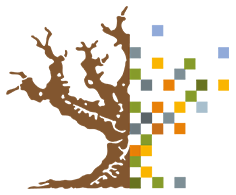Old Pinotage vines’ berries ripen later compared to younger vines.
So, what does this mean?
Research to investigate possible genetic influences to improved wine quality in old Pinotage vines has been conducted by Professor Johan Burger at Stellenbosch University. His team compared both gene expression levels and total microbiomes in old (53 years) and young (7 years) Pinotage vines inter-planted in the same commercial vineyard.
Juice from berries of nine old and nine young vines were sampled at harvest time in January 2016 and showed significant differences in both sugar and titratable acid levels. RNA from the same plants, both berries and leaves, were extracted and sequenced. Significant differences in gene expression were noticed for genes which regulate ripening, sugar accumulation, cell wall degradation and the development of metabolites like anthocyanins.
The team also investigated the total viral and fungal populations in these plants. Old plants had higher numbers and more genetic variety among the viruses infecting them, whereas younger plants showed more diversity in the fungi associated with them.
The research results show that the gene expression in older Pinotage vines are different from younger vines and suggest that the ripening process in the older plants takes longer, and may explain the development of flavour complexity, which often is associated with better quality wines.
You can also listen to Professor Johan Burger talking about this research on the radio show Monitor. (Afrikaans only).


